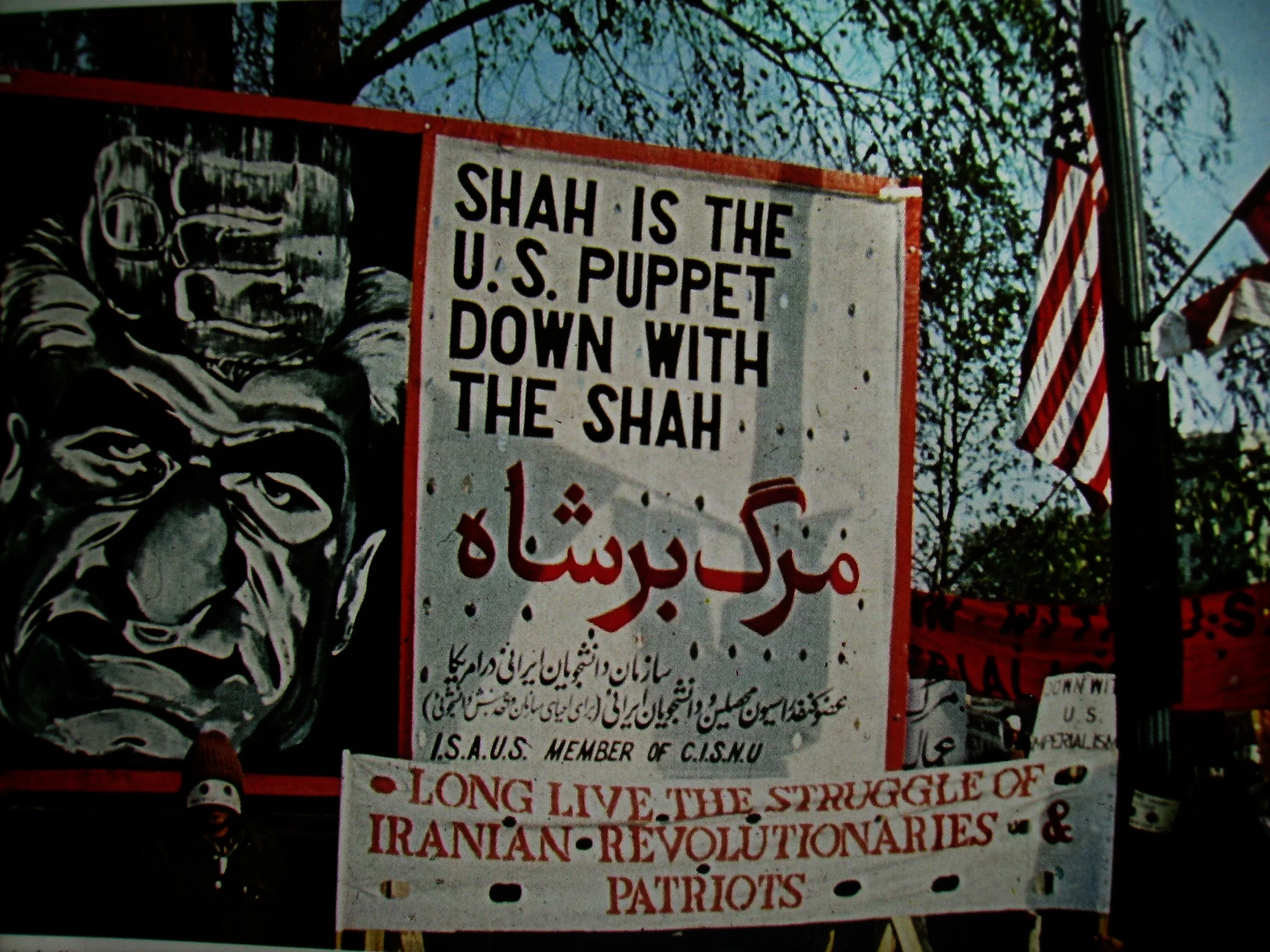We do need to accept that grand strategy has no definitive or stable meaning, and that the term does not describe activities which are defined by similarity of equivalence. Understandings of strategy were given coherence through their connection to the enduring nature of war. Grand strategy has no such anchor. Thus, the terminology of grand strategy is a relatively recent, Anglophone attempt to describe and explain the evolution of a much more long-term and varied set of activities, traditionally located in the realm of policy or statecraft. As such, to account for the myriad differences and changes that have characterised how polities have pursued security across time, we must move towards a more flexible approach.
The Time for Honor: A National Security Strategy for 2020
A growing distrust gradually replaced that love. More people view U.S. power as a major threat, and allies are increasingly uncertain the U.S. will keep its commitments. This is a trend going back three decades. As a result, regardless of who is President in January 2021, the central theme for the next National Security Strategy should focus on regaining U.S. honor.
#Reviewing Political Realism in Apocalyptic Times
Alison McQueen’s Political Realism in Apocalyptic Times offers a refreshing approach to religion in political theory. The book builds on the work of political scientists and political theorists over the past two decades to insert religion into international relations studies. Rather than dismissing apocalyptic language or confining it to political idealism, McQueen finds apocalyptic language in texts of political theory normally associated with political realism, leading her to consider these (purportedly realist) political theorists’ works as responses to apocalypticism.
Escaping the Idealism Trap
Idealism has clearly failed to grant the United States a stronger standing in the world as it failed to accurately assess the scope and consequences of interventionism, and the strategic intent of rising powers. Great power competition and the international system’s inevitable transition to a multi-polar order calls on us to embrace the challenge with clarity. This challenge should motivate an honest reassessment of U.S. foreign policy tools and processes. Adjusting to facts and reevaluating means and methods is a sign of strength and resilience of this nation.
#Reviewing: The Journey to Safe Passage
Must the rise of power in China and the fear it causes in America lead to war? Kori Schake’s new work, Safe Passage: The Transition From British To American Hegemony, probes this question, albeit obliquely, via an inquest into why the passage of power from Great Britain to the United States during the nineteenth and early twentieth century was pacific and whether such passage is repeatable. What emerges from this eminently readable, incisively argued, and keenly erudite history is how precarious such passage was: a contingently calm transition, only tranquil because universal ideals mollified the augured storm.
Veni Vidi Video Games: #Reviewing Europa Universalis
Video games are often discounted as entertainment, but I and many others have found they can be valuable tools to teach history, international relations, and strategy in an engrossing and engaging way that complements traditional academic learning. I have learned valuable lessons about grand strategy, international relations, and history from games. Historical strategy games, used over a long period, might also teach students about grand strategy. But they also teach shorter-term diplomacy. In Europa Universalis I have used the power of alliances of convenience, and I have learned how to predict invasions by reading diplomatic cues and troop movements.
Russians in Estonia: A Case Study in Offensive Structural Realism
Russia’s power politics, demonstrated through its nationalistic tendencies, have the biggest influence on Estonia’s national security. Russia maintains a capability to influence a quarter of Estonia’s population who speak Russian, most of whom are disenfranchised by the government and are highly susceptible to Russian coercion through modern mainstream media emanating from Moscow. Due to these circumstances, Russia is in a position to cultivate Russian nationalism and influence Russian speakers in Estonia, who can elect leaders that will return Estonia back to Russia’s sphere of influence and undermine the North Atlantic Treaty Organization (NATO) alliance. An alternative view is that Estonia’s NATO membership provides enough security to dissuade Russia from exerting its influence in Estonia. In rebuttal, I offer that Russia’s potential to leverage Estonia’s democratic process to enact laws and policies sympathetic to Russia, renders Estonia’s membership in NATO irrelevant and incapable of mitigating this threat.
#Reviewing American Power & Liberal Order
Overall, American Power is a policy framework that is easy to read and yet full of substance. It bridges the gap between intellectual and practical policy. And while there is nothing necessarily revolutionary about the framework, it hammers home the United States’ role in the world as a promoter of democracy and the liberal order. I am in agreement with Miller that democracy promotion and the liberal order will always be in the United States’ interests.
Negotiating an Advance: How Negotiation Can Shift the Digital Battlespace in Favor of the U.S.
it is important to reintroduce many of the well understood concepts of strategy to the cyber-Security debate precisely because it adds clarity to an otherwise murky topic. While it is good to come to the right answer, it is also important that we understand the strategic relationships of different behaviors so that we can consistently prescribe proper policy. Understanding why negotiations are a good idea today will better help us determine if they are a good idea tomorrow, and hopefully forestall deleterious decisions based upon improper analogs.











